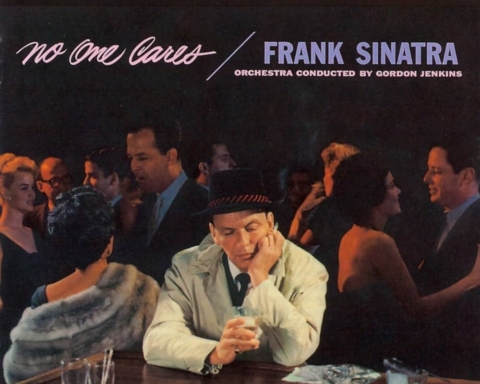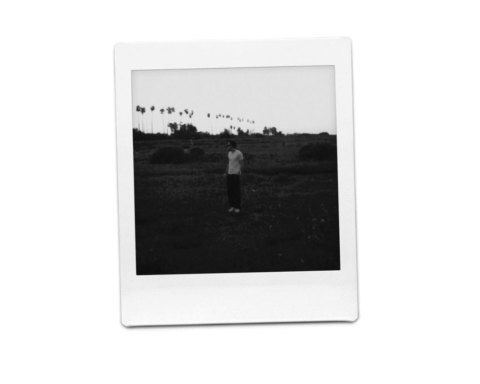Canadian artist Daniel Caesar released his debut album at the tail end of this past summer. Naturally, it flew past my radar, but I’m grateful to have stumbled upon this effort – leaking fluidity from the seams – in these cold winter months. Freudian, boasting an artillery of 10 warm, soulful ballads, mixes tonality reminiscent of Frank Ocean with Sam Smith-quality lyrical content. Simply put: It’s everything I look for in an album. Bold, seductive, storytelling.
I was sold within the first 10 seconds of “Japanese Denim” popping up on my Spotify. Here, and on every preceding and following piece, Caesar’s vocal excellence is silencing. It feels wrong to speak over his beachy chords, and, no matter how melodic it is, Freudian is anything but background noise. Caesar commands attention, but completely unintentionally. Despite Freudian bypassing Khalid-level praise, those graced with his work are seldom unimpressed.
Freudian is everything modern R&B is, should be and continues to become: moody and sexy with experiential sentiments. Here, Caesar connects with listeners throughout, but takes them to a surreal place – melodies elevating heads, hearts and thoughts. It’s a natural high.
Content-wise, Freudian dances on a blurred line between hopefulness and distraught – telling a full-scoped story of love and loss; it’s a self-aware work, indefinitely grounded in pain. Every track offers a different dimension of romance. On “We Find Love,” Caesar looks unrequited love in the face. “Loose,” the experience of cutting losses and moving on. “Transform,” adjusting to difference in the name of making amends. And, on “Hold Me Down,” a self-assured, honest call for attention: “If you love me baby, let me hear you say it / I know I’m your favorite.”
In tone and production, Caesar banks on his trademarked, stripped-down sound. It’s just his voice weaving between simple accompaniment: a plain guitar riff, a subtle high-hat, a few chords on the piano.
He brings a number of equally eclectic artists onto the tracks, too.
H.E.R., a rising R&B singer who prefers to remain unidentified, appears on “Best Part.” H.E.R.’s soulful vigor is a perfect parallel to Caesar’s, an octave higher and floating just as effortlessly. Kali Uchis’ few verses in the later portion of “Get You,” the album’s lead single, provide a break in Caesar’s enchanting sound. Charlotte Day Wilson joins him on “Transform,” arguably the most fluid collaboration on the record; Wilson gives a nonchalant approach to the track with casual, Liana La Havas lines.
In all this unconventional approach to crafting a narrative, Caesar made the decision to introduce “Freudian,” named after the record, as the last track on the work.
Here, Caesar provides a transparently damaged ballad of appreciation for a lover. He attributes being alive, well, stable to his love, confessing, “I just want to thank you for saving my life, yes / I just want to thank you for all your advice /You are the reason, the reason I’m alive.”
And, so, there’s a chance Freudian, in all its honest discussions of love, loss and lust, is a collective of memories garnered from a singular romantic interest – one impactful enough to inspire a well-crafter masterpiece like Freudian.






